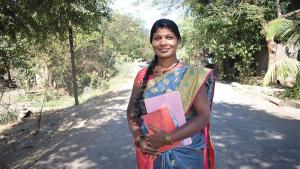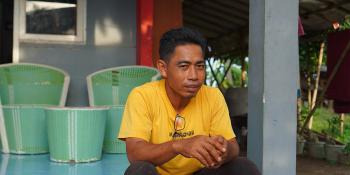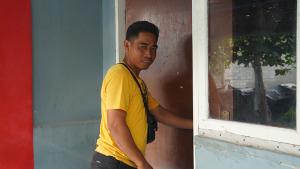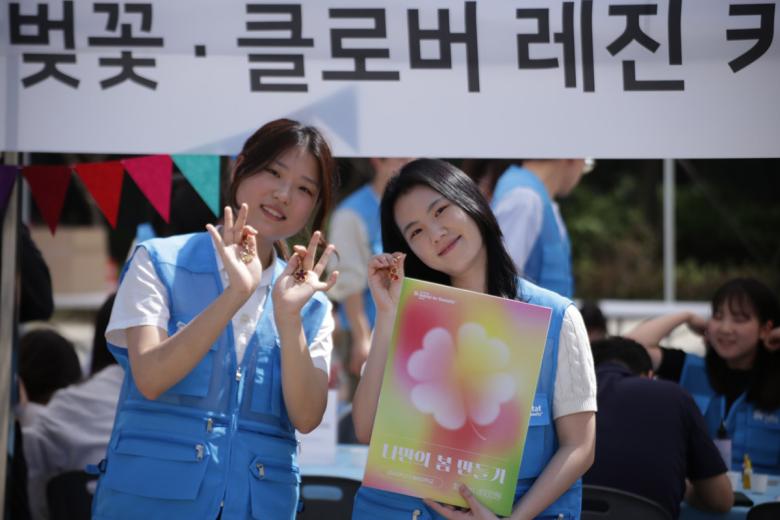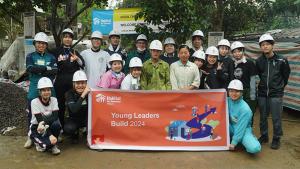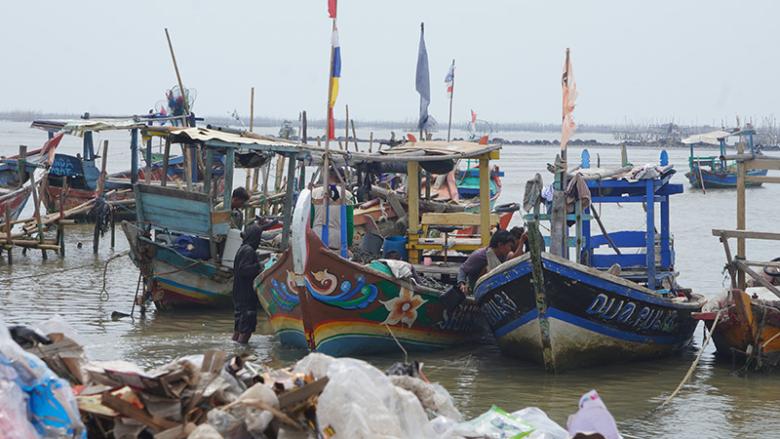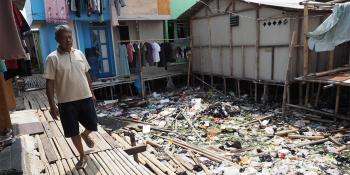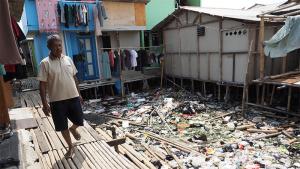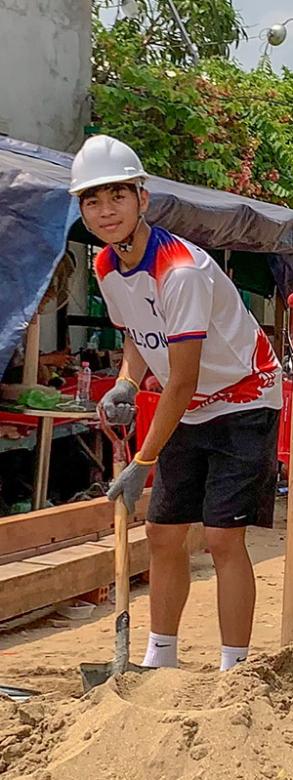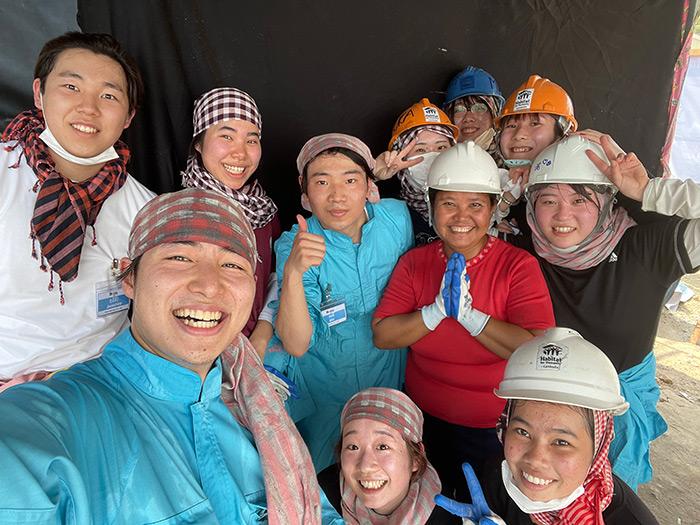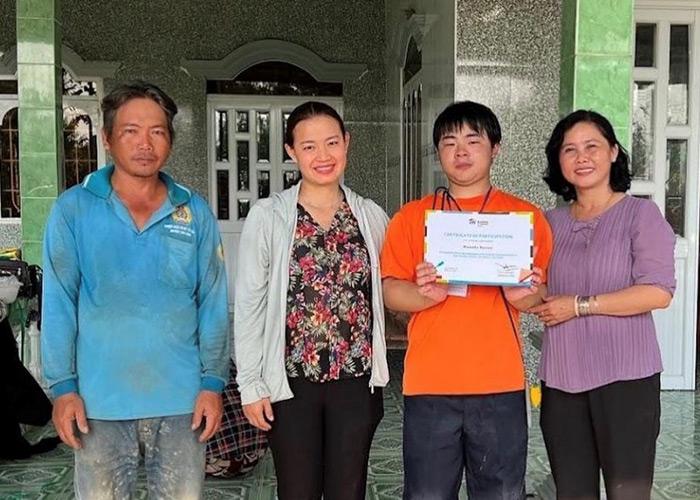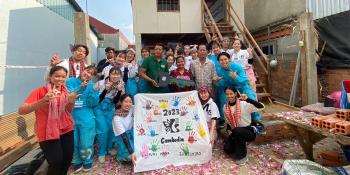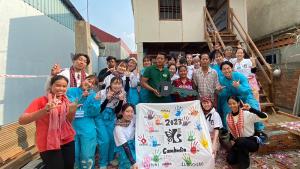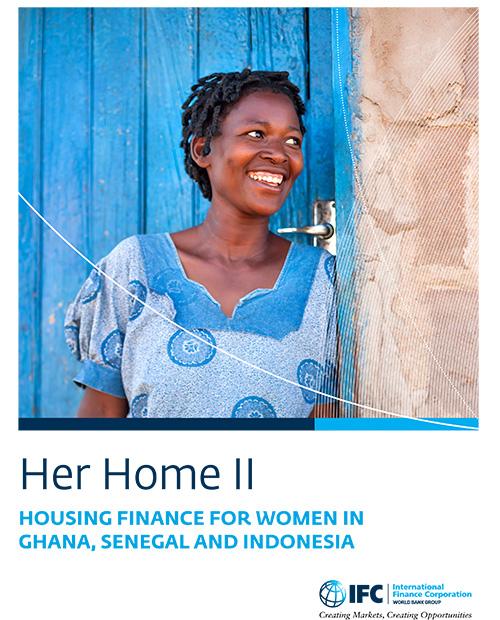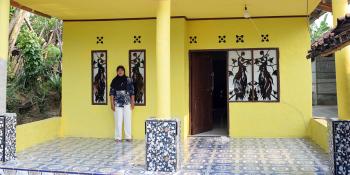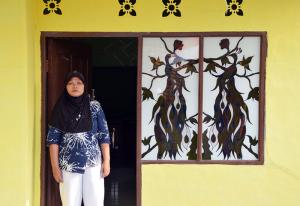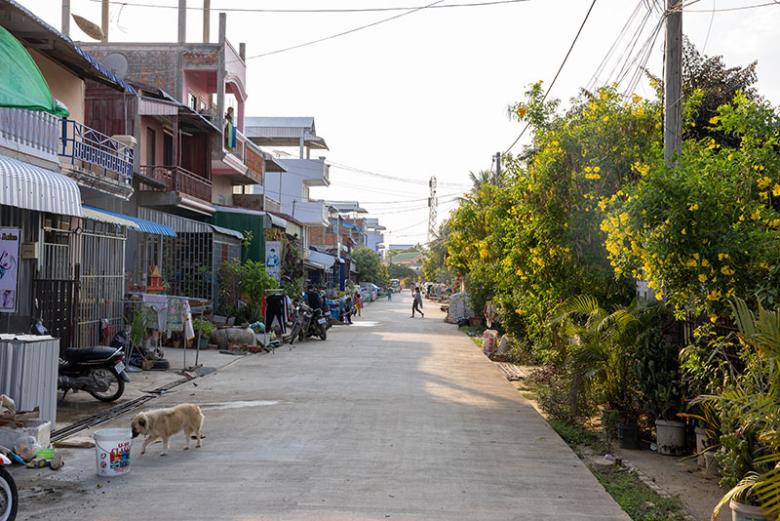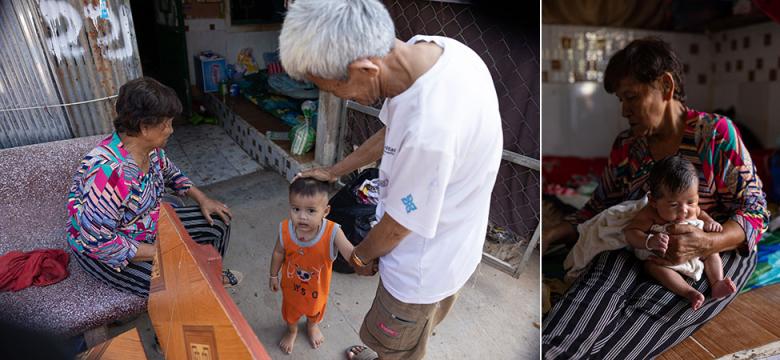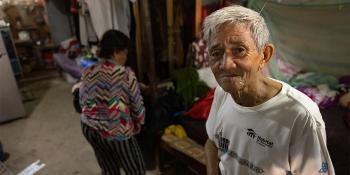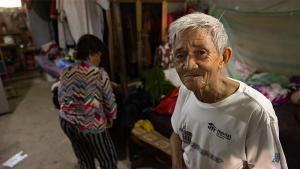The story of women empowerment
By Project Nirmanshree’s completion in December 2023, a total of 2,710 women in India have improved their livelihoods and employment opportunities in housing-related trades.
INDIA (November 2024) — Through collaboration with Habitat for Humanity India, thousands of women who took part in a multi-year initiative are making headway in the male-dominated construction sector.
Project Nirmanshree — a combination of Hindi and Sanskrit words that means “building women” — was funded by the European Union and implemented by Habitat India. By the project’s completion in December 2023, a total of 2,710 women across four districts in India’s Odisha and Maharashtra states have improved their livelihoods and employment opportunities in housing-related trades. The initiative empowers marginalized women through construction and entrepreneurship development training, creating greater access to government services related to housing and advocacy work.
Amrapali
She was among the first women to join Project Nirmanshree in Dharashiv (formerly known as Osmanabad) district, Maharashtra state. She had started working as an unskilled laborer on construction sites, earning 200 Indian rupees (about US$2.40) a day, to supplement her family’s income. As her husband did not always have work as an agricultural laborer, her earnings helped to pay for the education of her daughter Anuja, 16, and son Saurabh, 12.
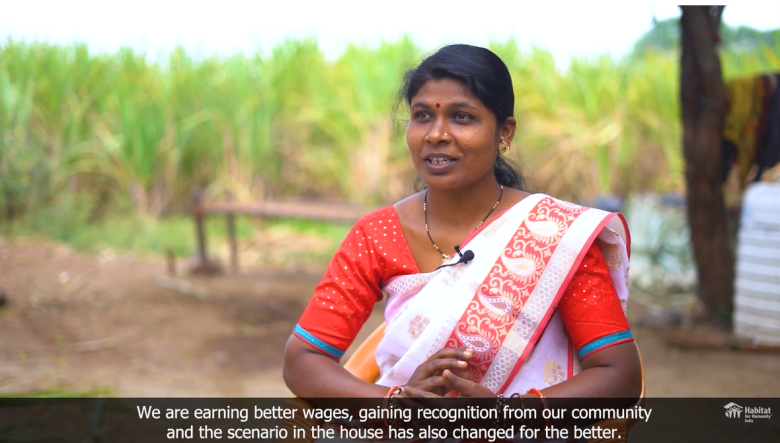
Video screenshot of Amrapali sharing about the benefits of participating in Project Nirmanshree. Learn more about the project outcomes in this video.
With the support of Habitat India and its partners, Amrapali gained certifications in entrepreneurship and related skills through government schemes. She also formed a self-help group with 11 other women who each contributes 100 Indian rupees monthly into an account with a local bank.
Amrapali used the seed money from the savings group to set up a small enterprise. Named after her son, Saurabh Construction Services provides centering plates that are used to support concrete slabs and beams during the construction process. The business also employs other women from Amrapali’s village. By 2023, sales revenue reached 80,000 Indian rupees with orders coming in from across the community.
“Without taking a firm decision to leave the house and start working, your family will not progress. Today, I am able to interact with bank officials and others without fear,” said Amrapali.
Anuradha
In Maharashtra’s Beed district, former construction worker Anuradha gained the confidence and skills to be an entrepreneur after receiving training through Project Nirmanshree. She took part in Recognition of Prior Learning, which is a component of the Government of India’s Pradhan Mantri Kaushal Vikas Yojana Scheme. RPL enables individuals with prior learning experience or skills to be assessed and certified.
She was also trained in entrepreneurship and enterprise skills development. She drew up a business plan and registered her centering plate rental business named Daksha Construction. Through Project Nirmanshree, she was able to access a state government program providing credit-linked subsidies for setting up micro and small enterprises. “By marketing it well, I will try to increase the business of this enterprise,” she said.
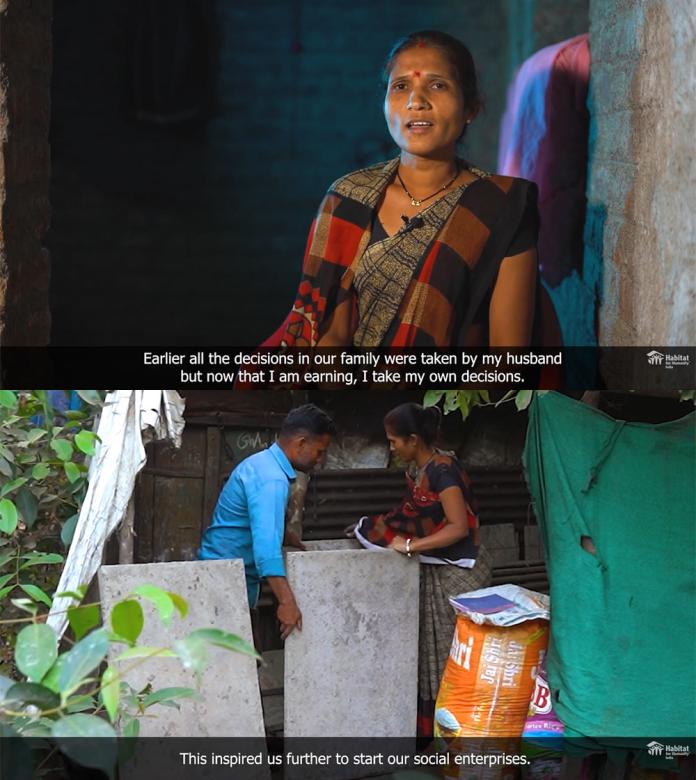
Video screenshots of Anuradha in an interview (top) and moving a slab at her business (bottom). Learn more about the outcomes in this video.
Having started her entrepreneurship journey, the next step was to build a home of her own. Working with the Project Nirmanshree team, Anuradha designed and built a house with a toilet and bathroom on a small plot of land that she owns, close to the highway. “Our home is ready,” she said. “We now have plans to build a shop along the highway in the future.”
Project Nirmanshree began in early January 2020 and was completed in end-December 2023. Having overcome challenges such as the COVID-19 pandemic, the outcomes included:
- Policy briefs that addressed barriers to housing were developed and distributed to 74 government officials and other key stakeholders in Maharashtra and in New Delhi. Policy briefs were also provided to over 100 government officials in Odisha.
- Almost 212,800 families were able to gain knowledge about improving their homes over the course of the multi-year project.
- A dozen events were organized in Odisha and Maharashtra states to promote the products and services of select women-led enterprises under Project Nirmanshree.
Anand Kumar Bolimera, Habitat for Humanity India’s national director, said, “It is our privilege to have partnered with extraordinary women who are actively contributing to their family’s livelihood and their children’s future. This is the tangible impact of Project Nirmanshree. May the communities continue to drive lasting improvements.”
Since 1983, Habitat for Humanity India has worked with more than 38 million people to build or improve a place they can call home, improve access to safe sanitation and help affected families rebuild homes and lives after disasters hit.

The story of women empowerment
